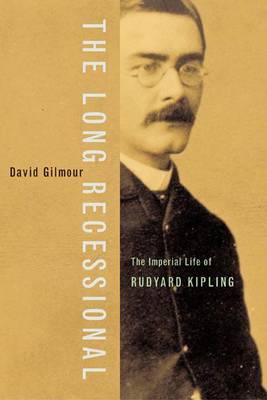Rudyard Kipling was a unique figure in British history, a great writer and at the same time a great imperial icon. He won the Nobel Prize for Literature and added more phrases to the language than any man since Shakespeare, whilst his poems incarnated an era for millions of people who did not normally read poetry. A child of the Victorian age of imperial self-confidence, Kipling lived to see the rise of Hitler threaten his country's existence. The laureate of the Empire at its apogee, he foresaw that its demise would soon follow his death. His great poem Recessional celebrated Queen Victoria's Diamond Jubilee in 1897; his last poems warned of the dangers of Nazism. The trajectory of his life matched the trajectory of the British Empire from its zenith to its final decades. He himself was transformed from the apostle of success to the prophet of national decline, a Jeremiah warning of the dangers that successive governments refused to face. While previous studies of Kipling have concentrated on his writing and on his domestic life, this book studies his public role and his influence on the way Britons saw both themselves and their empire.Based on extensive research in Britain and in the under-explored archives of the US, David Gilmour has produced a study of a man who embodied the spirit of his country a hundred years ago as closely as Shakespeare had done 300 years earlier.
- ISBN10 146683000X
- ISBN13 9781466830004
- Publish Date 11 June 2003 (first published 7 March 2002)
- Publish Status Active
- Imprint Farrar, Straus and Giroux
- Format eBook
- Language English
